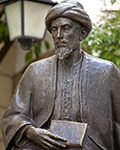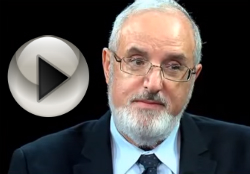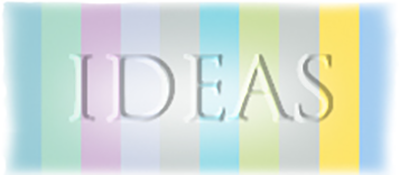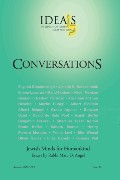Each of us can be a philanthropist on our own financial level if we give what we can without even being asked. Or if we are asked, we can respond early and enthusiastically. Together we can build a better, stronger community.

Welcome to the Institute for Jewish Ideas & Ideals
The Institute for Jewish Ideas and Ideals offers a vision of Orthodox Judaism that is intellectually sound, spiritually compelling, and emotionally satisfying. Based on an unwavering commitment to the Torah tradition and to the Jewish people, it fosters an appreciation of legitimate diversity within Orthodoxy.
YouTube

Rabbi Marc D. Angel answers your questions on our YouTube channel!
The IDEAS Campaign

Please support our IDEAS campaign and be our partners in creating a dynamic and compassionate Orthodoxy. Contribute now! Supporters are featured on our online Scroll of Honor.
Conversations

Find out more about Conversations, the Institute's print journal, including how to get your copy. You can also review our Article Title or Author index.
You do things that shouldn’t be able to be done. You endure things that shouldn’t be put up with. That is part of the existential job description of what it means to be a Jew. And I cannot imagine a greater privilege than the opportunity to be part of it all.
This book is philosophically sophisticated, but its amenable style is attractive for the serious reader, whether specialist or non specialist. It is open and inclusive, and it fully deserves Yitzhak Melamed’s blurb, which states that it is “one of the best works of Jewish philosophy of recent times.”
Due to the complexity of human nature, great individuals also struggle with character weaknesses. Denial of that basic fact strays from the example of Radak, Ramban and R. Hirsch, robs Tanakh of some of its most powerful messages and leaves readers without authentic role models.
On Mondays, March 17, 24, 31, and April 7, from 1:00-2:00 pm EST, Rabbi Hayyim Angel will teach a four-part mini-course on How to Analyze Torah Narrative.
The classes will be held over Zoom, and are run by Lamdeinu Teaneck.
Registration is required.
Please go to www.lamdeinu.org to register.
We must face this problem squarely and candidly: The narrowing of horizons is a reality within contemporary Orthodoxy. The fear to dissent from the "acceptable" positions is palpable. But if individuals are not allowed to think independently, if they may not ask questions and raise alternatives, then we as a community suffer a loss of vitality and dynamism.



